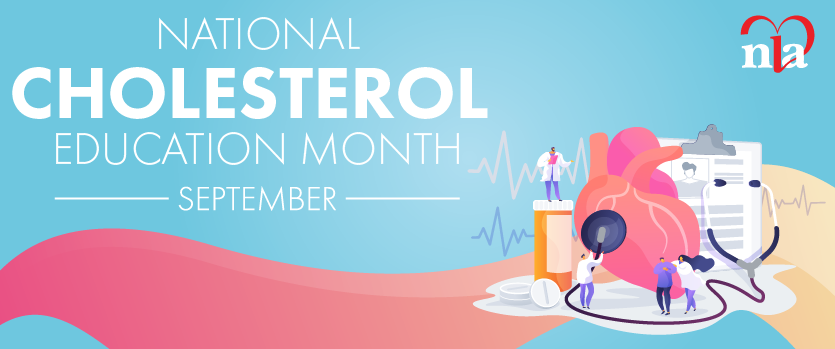Consensus Recommendations
In connection with the Familial Hypercholesterolemia ("FH") initiative of the Foundation of the National Lipid Association, the NLA held a consensus conference in January 2011 to bring together experts on FH for the generation of an NLA statement of clinical guidance regarding the... more
Despite the established role of low-density lipoprotein cholesterol (LDL-C) as a major risk factor for cardiovascular disease (CVD), and the persistence of CVD as the leading cause of morbidity and mortality in the United States, national quality assurance metrics no longer include... more
Lifestyle habits can have a profound impact on atherosclerotic cardiovascular disease (ASCVD) risk. The National Lipid Association previously published recommendations for lifestyle therapies to manage dyslipidemia. This Clinical Perspective provides an update with a focus on nutrition... more
The lipoprotein(a) [Lp(a)] field is rapidly evolving on many fronts, including understanding of the association between Lp(a) levels and cardiovascular disease (CVD) risk in different contexts, and how best to manage other CVD risk factors in patients with elevated Lp(a). Considering new insights... more
This joint expert review by the Obesity Medicine Association (OMA) and National Lipid Association (NLA) provides clinicians an overview of the pathophysiologic and clinical considerations regarding obesity, dyslipidemia, and cardiovascular disease (CVD) risk. Among individuals with obesity,... more
Cardiovascular disease (CVD) is the leading cause of death among women and its incidence has been increasing recently, particularly among younger women. Across major professional society guidelines, dyslipidemia management remains a central tenet for atherosclerotic CVD prevention for both women... more
The NLA held a consensus conference in January 2011 to bring together experts on inflammatory markers and advanced lipoprotein testing for the generation of an NLA statement of clinical guidance regarding the utility of various biomarkers. The panel reviewed apolipoprotein B (Apo B), C-reactive... more
The following is a National Lipid Association (NLA) Expert Clinical Consensus on the role of apolipoprotein (apo)B in adult patient care. This document is meant to clarify the role of apoB testing for clinicians who manage cardiovascular risk and lipid disorders, as well as health systems, payers,... more
Extreme hypertriglyceridemia, defined as triglyceride (TG) levels ≥1000 mg/dL, is almost always indicative of chylomicronemia. The current diagnostic approach categorizes individuals with chylomicronemia into familial chylomicronemia syndrome (FCS; prevalence 1–10 per million), caused by the... more
.field.field-name-field-embargo.field-type-datetime.field-label-hidden, .field.field-name-field-rating.field-type-fivestar.field-label-inline.clearfix, .links{ display:none } .body_table li, .head_table li, .body_table p, .head_table p{ line-height: 20px... more






.jpg)
.png)










